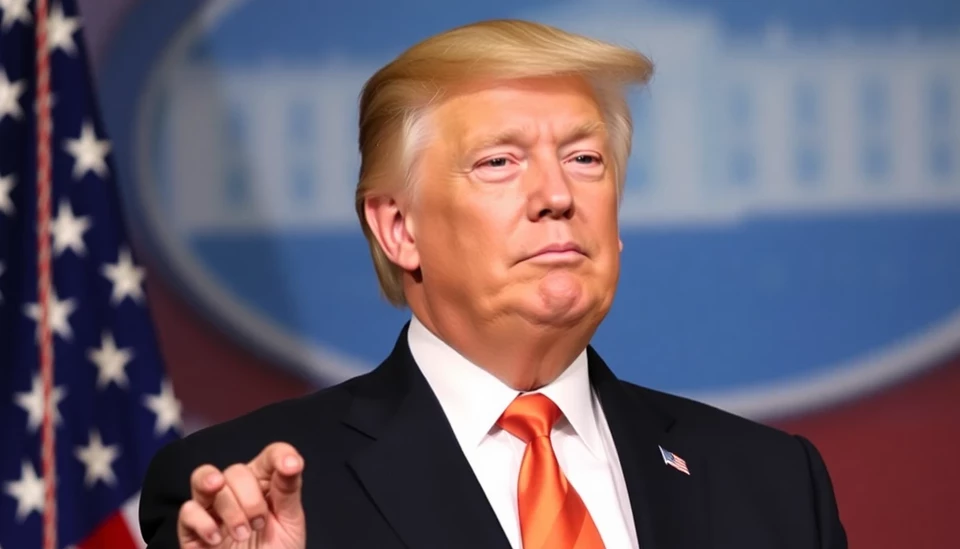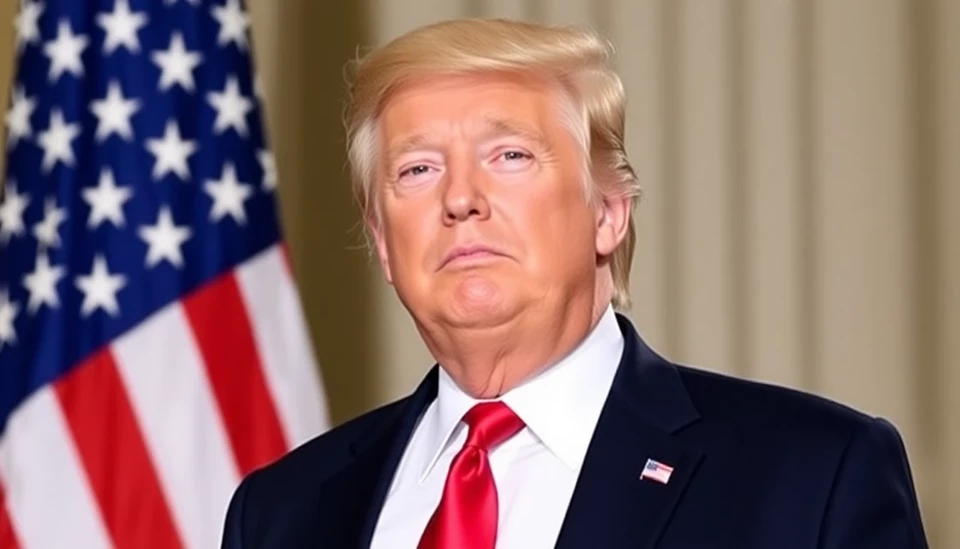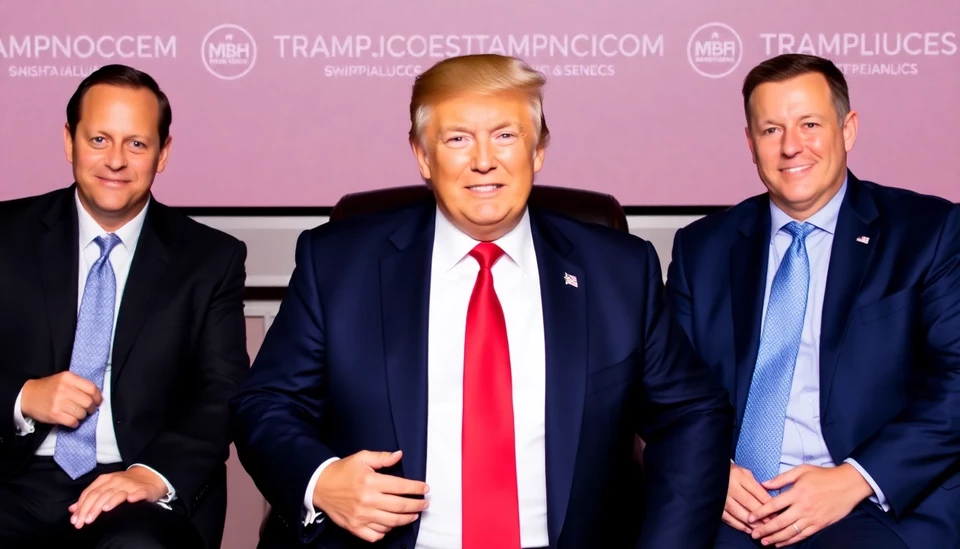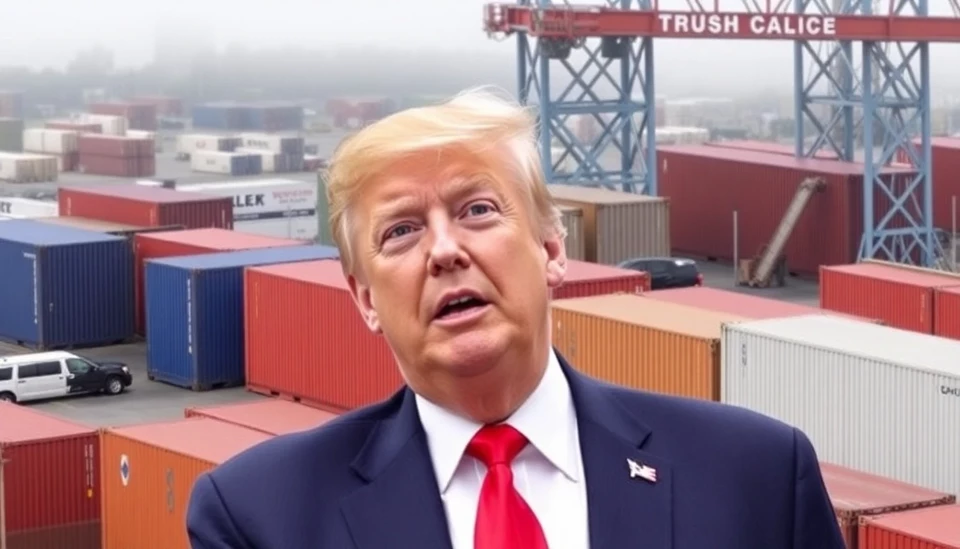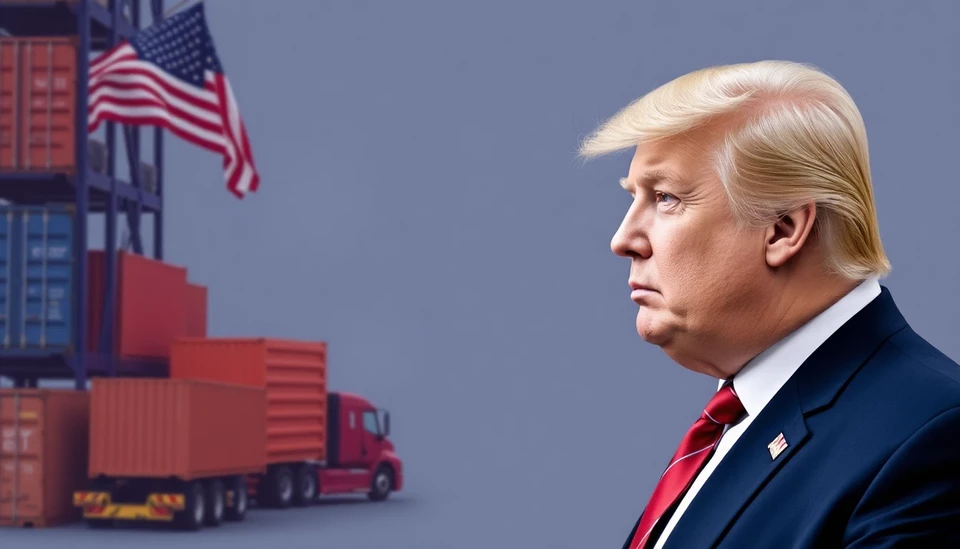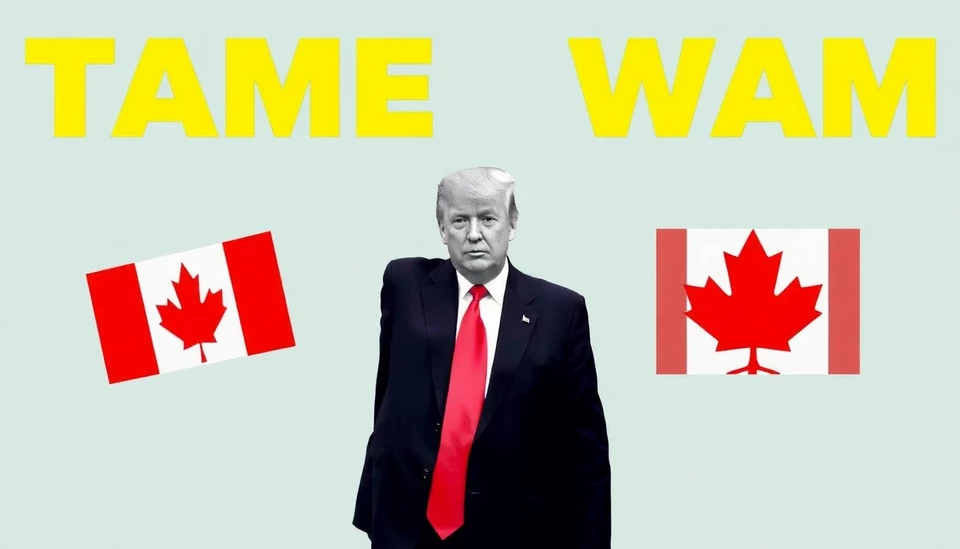
In a dramatic escalation of his administration's trade policy, former President Donald Trump has announced new tariffs aimed at China, Canada, and Mexico. This decision marks a significant pivot in U.S. trade relations and has raised concerns among economists and policymakers about the potential ripple effects on the global economy.
The new tariffs, which Trump claims are necessary to protect American jobs and industries, are set to take effect immediately. They are primarily directed at key sectors such as steel, aluminum, and various consumer goods. By imposing these levies, Trump aims to pressure these countries to engage in what he describes as fairness in trade, curbing what he views as unfair practices that have led to trade deficits and job losses in the United States.
Economists warn that these tariffs could lead to increased costs for American consumers and businesses alike. The backlash from the international community is also expected to be significant, with Canada and Mexico already indicating that they will retaliate against U.S. products. Canadian officials, in particular, have voiced strong opposition, arguing that such measures will not only harm bilateral trade relations but also disrupt established supply chains that rely heavily on North American cooperation.
China, which has historically been a focal point of Trump's trade frustration, is expected to respond swiftly, possibly by targeting U.S. agricultural products, a sector propped up by support from the farming community. The uncertainty caused by these measures could have far-reaching implications, including reduced investment and hindered economic growth during a precarious recovery phase post-pandemic.
Critics of the tariffs argue that the aggressive stance could lead to a trade war, which may spiral into broader economic challenges, affecting everything from consumer prices to international relations. For many businesses, especially those relying on imported goods and materials, the sudden increase in costs could push them to reconsider their operational strategies or pass expenses onto consumers.
As the U.S. enters this new chapter of trade relations under Trump, stakeholders on all sides are watching closely. The administration's justification for these tariffs is rooted in a desire to promote American manufacturing and protect domestic jobs, but whether this approach achieves its intended goals without provoking a larger international conflict remains to be seen.
In summary, the imposition of tariffs by Trump on key trading partners is a bold move that signals a tough stance on trade issues. While it aligns with the President's longstanding narrative of prioritizing American interests, the broader economic consequences of such a decision are yet to unfold, raising questions about the stability of both national and global markets.
Hashtags:
#Trump #TradeWar #Tariffs #China #Canada #Mexico #Economy #GlobalTrade #USPolitics
Author: Rachel Greene
